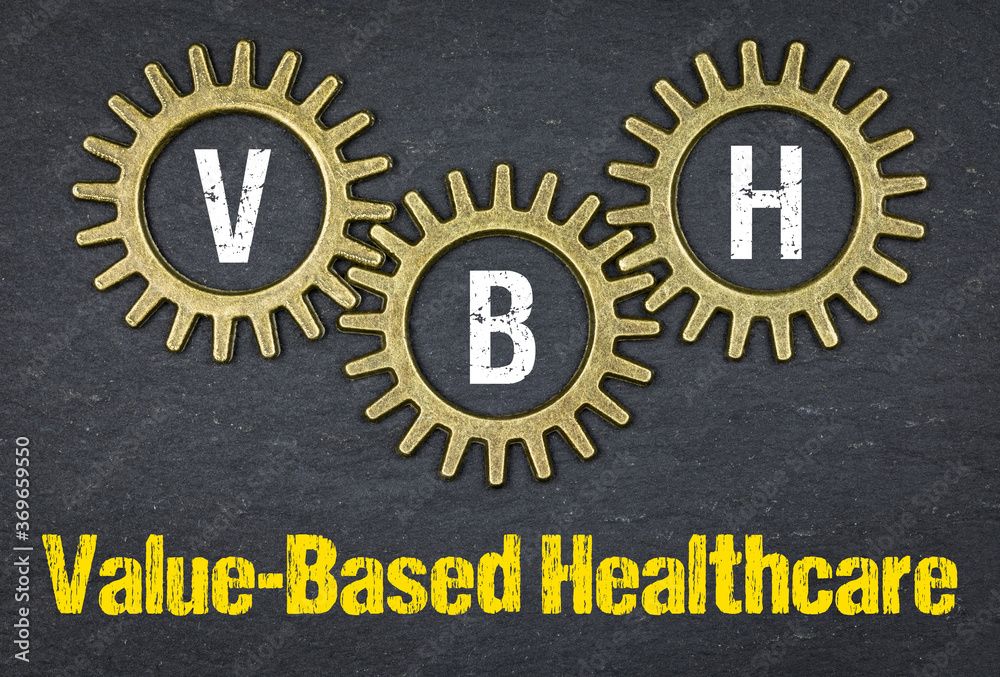Article
Almost 65? What you need to know about Medicare
We help you sort out your options, which will depend on any number of factors.
Medicare is a topic that's a constant in most physicians' lives. You treat Medicare patients, accept assignment in your practice, or perhaps you're part of a Medicare PPO, HMO, or private fee-for-service plan. But if you're approaching 65, do you know what options are available to you as a Medicare recipient? The facts may come as a surprise. But before we get into the details, let's review what Medicare consists of:
Part A (hospital insurance) helps cover your inpatient care, including acute care hospitals and skilled nursing facilities (not custodial or long-term care). It also helps cover hospice care and some home healthcare. As long as you or your spouse paid Medicare taxes for at least 10 years, you're covered under Part A at no charge.
Part B (medical insurance) helps cover your doctors' services and outpatient care. It also pays for some other medical services that Part A doesn't, such as some physical and occupational therapy, laboratory services, preventive services, durable medical equipment, and home healthcare. Medicare Part B costs $78.20 per month in 2005, and it's deducted from the payments you receive from Social Security. In addition, you also pay a $110 annual deductible.
"How do I enroll in Medicare?" If you're already receiving Social Security when you turn 65, you'll automatically get both Medicare Part A and Part B on the first day of the month in which you turn 65. If you're not planning to receive Social Security benefits at age 65, you should enroll in Medicare anyway. Your initial enrollment period begins three months before your 65th birthday and runs for three months after. If you don't sign up during that initial enrollment period, you can enroll in the first three months of each year, but the premiums will cost you more: The cost of Part B goes up 10 percent for each 12-month period that you could have had the coverage but didn't take it, except in special cases. As Deane Beebe, communications director for the Medicare Rights Center in New York City, points out, "It's heartbreaking. You hear about people who delayed enrolling in Part B for a really long time because they received misinformation, and it cost them a lot for the rest of their lives."
However, if you or your spouse is still working when you turn 65, and you get health insurance through that job, you may want to delay signing up for Medicare Part B, and you can do so without penalty as long as you sign up while you're still covered by the employer plan or during the eight months following the month when employer group health plan coverage ends, or when the employment ends, whichever is first. Your decision on timing may be affected by the size of the employer and who would be the primary payer.
If 20 or more people work for your practice or at your spouse's company, the practice's group health plan is the primary payer of your medical bills.
If fewer than 20 people work for your practice or at your spouse's company, you should talk to the employee health benefits administrator before making any decision not to take Medicare Part B. Medicare would be your primary payer and your group insurance would be the secondary payer.
If you're retired and have health insurance from a former job, sign up for Medicare when you turn 65. If you have retiree benefits, they'll coordinate with Medicare.
"How do I choose the right plan for me?" Before you pick a Medicare plan, think about your current and anticipated health needs. Is there a particular doctor you prefer to see? Do you have a condition that requires frequent doctor visits? How many times have you been hospitalized in the past couple of years? How much have you spent on healthcare in the past few years? Will you travel when you retire?
Once you've assessed your health needs, you can choose the Medicare option that best suits them. The two basic options are:





